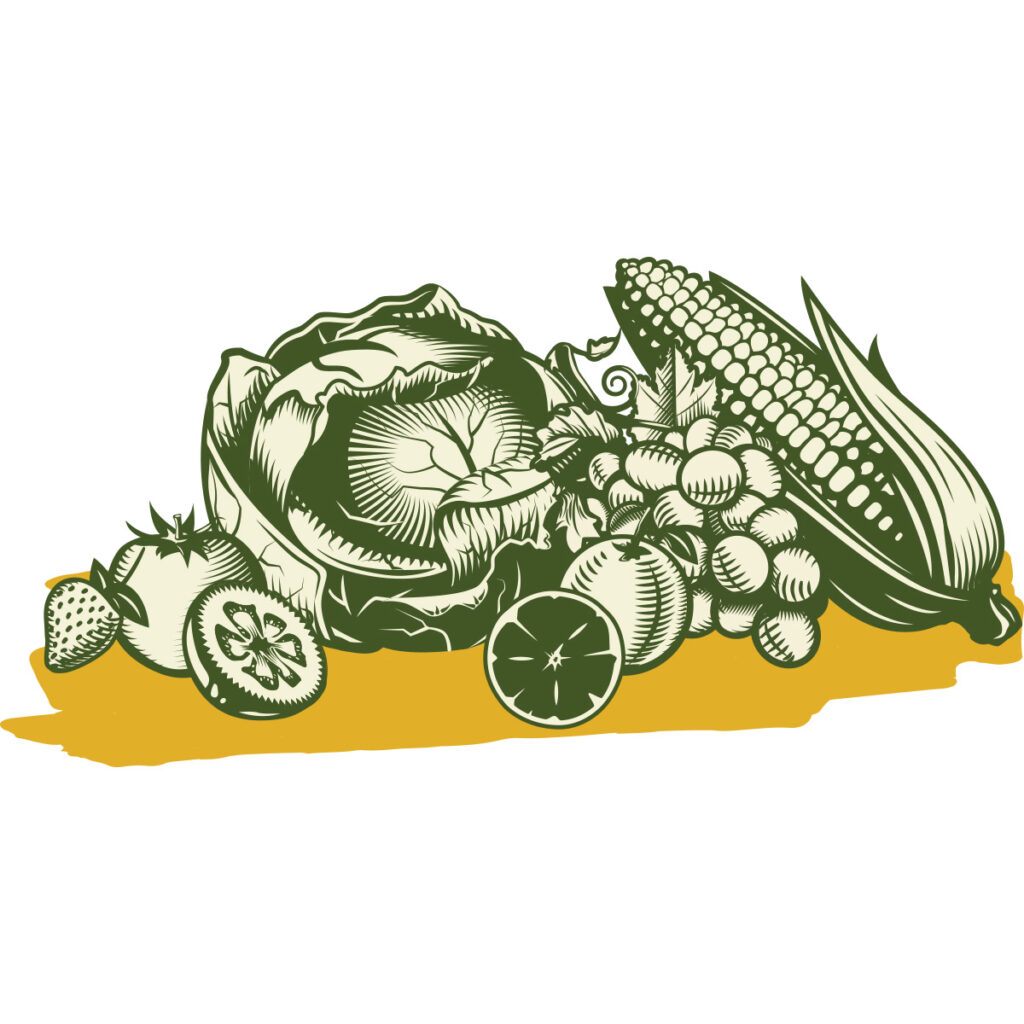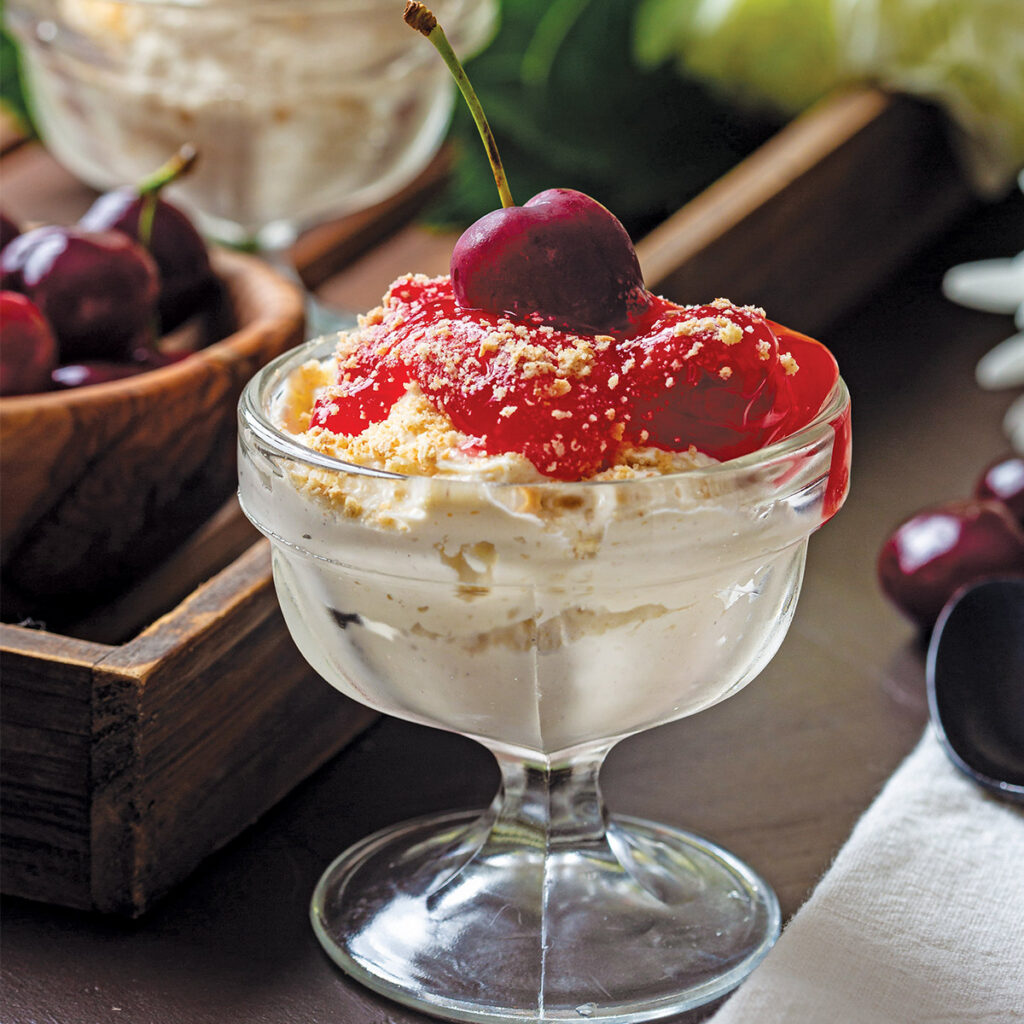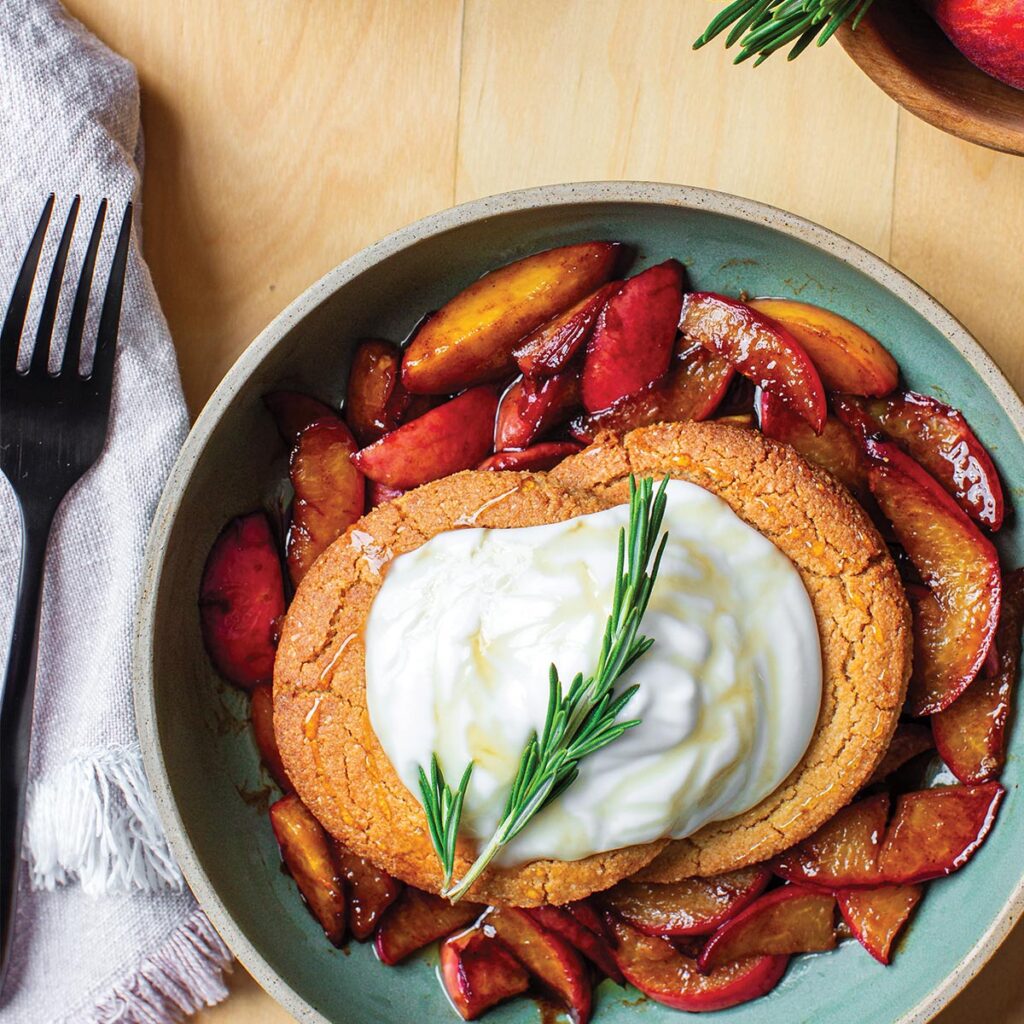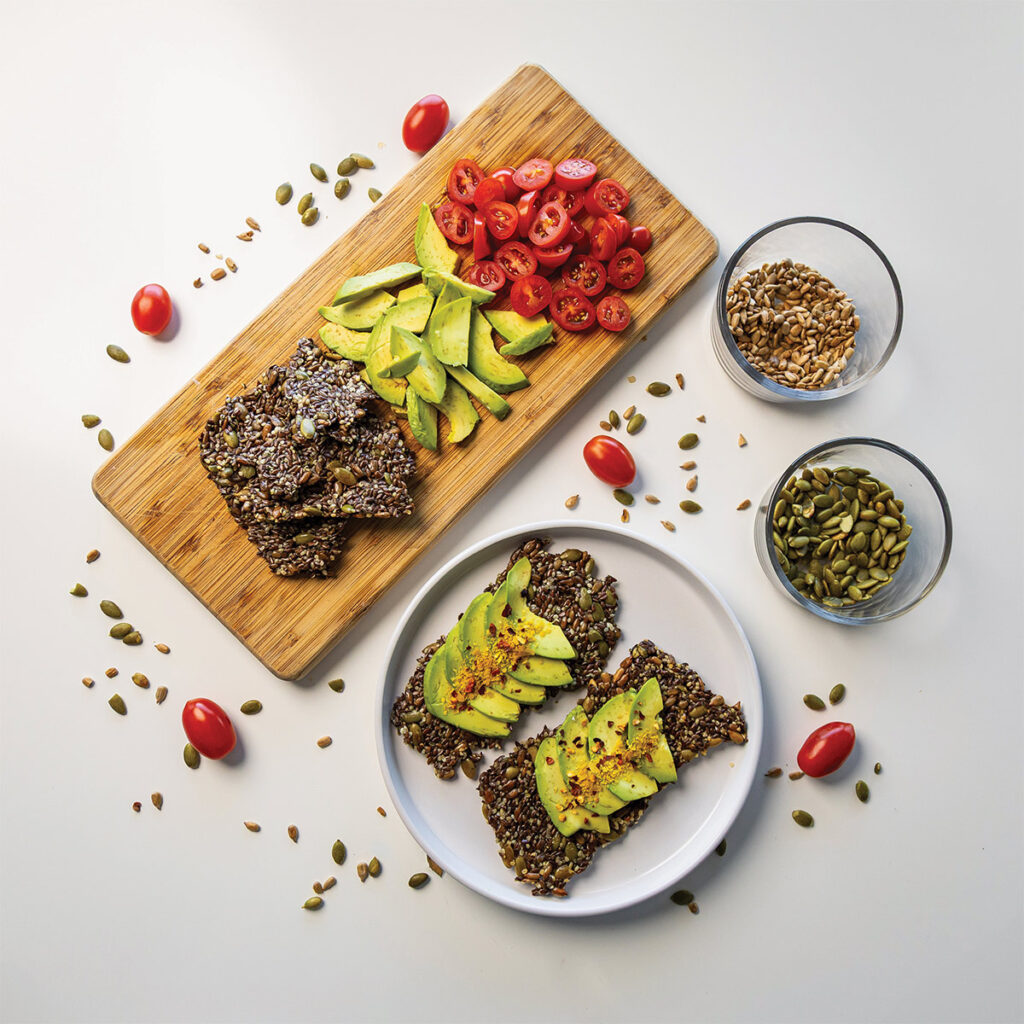Is It Better To Buy Or Make Your Baby’s Food?
It’s a question that plagues many new mothers – should you buy your baby food or make it yourself? At the end of the day it comes down to preference. We spoke with Registered Dietitian and Nutritionist, Pamela Kelle, to learn the pros and cons of each option.
If you’ve had the internal struggle of deciding whether to make your own homemade baby food or opt for the store-bought version, you’re not alone. “This has been studied a lot in the past 20 years,” says Kelle. The results? “There’s really good scientific evidence that supports that either way can be done with perfectly good health,” she says. But there are positive and negative aspects of each option. Here, we’ll discuss some of the pros and cons to consider.
Organic
With organic produce taking over in popularity, many moms worry about pesticides that can be found in non-organic baby foods. “This goes back to the motivation and the background of the parent,” says Kelle. For example, if you want to stay on the cheaper end of the spectrum, Kelle explains that an organic-only diet for your baby may not be the best option.

“Organic baby food is usually more expensive, so that has to be taken into consideration.” If you want to provide a nutrient-packed option for your baby, however, you’ll have the same results from organic, or non-organic food. “Scientific studies at this point have not proven that organic is more nutritious,” Kelle says.
The Dirty Dozen
Known as “the dirty dozen,” the following foods should be the ones you reach for in their organic versions, as they are the top pesticide carriers. “These are high water content foods,” Kelle explains. “So if a parent wanted to make homemade or organic baby food, those would be the first ones that they should be motivated to get as organic.”
Recognizing Allergies
Aside from choosing organic or non-organic baby food, another concern for many parents is the potential to easily recognize any food allergy or intolerance. One con of store-bought baby food is that it’s typically made with multiple ingredients, making it difficult to pinpoint an allergic reaction. Making baby food at home allows you to use as many – or as few – ingredients as you’d like, ultimately simplifying the allergy identification process.
“That goes into food safety, which can also be confused with foodborne illness,” Kelle says. It’s easy to confuse a food intolerance with a foodborne illness, making food safety a critical component to making baby food at home. For this reason, if a parent is too busy to make homemade baby food in the most thorough, safe, and sterilized way, opting for store bought is the best choice. “For busy mothers working 40 hours a week to make baby food at home, the commitment of washing fruit and vegetables and sterilizing storage containers, equipment, and countertops, might be too much,” explains Kelle.
Making the Choice
In the end, there are positives and downfalls of each option, and both are healthy choices if approached in the right way. Ultimately, what it all boils down to is personal preference. “You have to really be able to dedicate a tremendous amount of motivation, time, and resources to making baby food,” advises Kelle. “Bought or homemade is absolutely up to the individual and you should never feel pressured or stressed from a social peer group about one way or another.”
- Tip 1: Research the dangers of foodborne illness. Making sure homemade baby food is made safely and in a sterile environment is of upmost importance.
- Tip 2: Avoid lumps. Any texture other than completely smooth is a hazard for children under nine months.
- Tip 3: Don’t freeze baby food for more than a month. There could be a slight nutrient loss when frozen for long periods of time.
- Tip 4: If you opt to make baby food at home, steam or microwave (instead of boil) the fruits and veggies first to retain nutrients.
- Tip 5: Introduce non-sweet vegetables (like spinach and kale) first, and sweeter vegetables (like squash) next, before introducing sweet fruits to your baby.

Pamela Kelle RD, LDN, CEDRD
Registered Dietician and Nutritionalist




